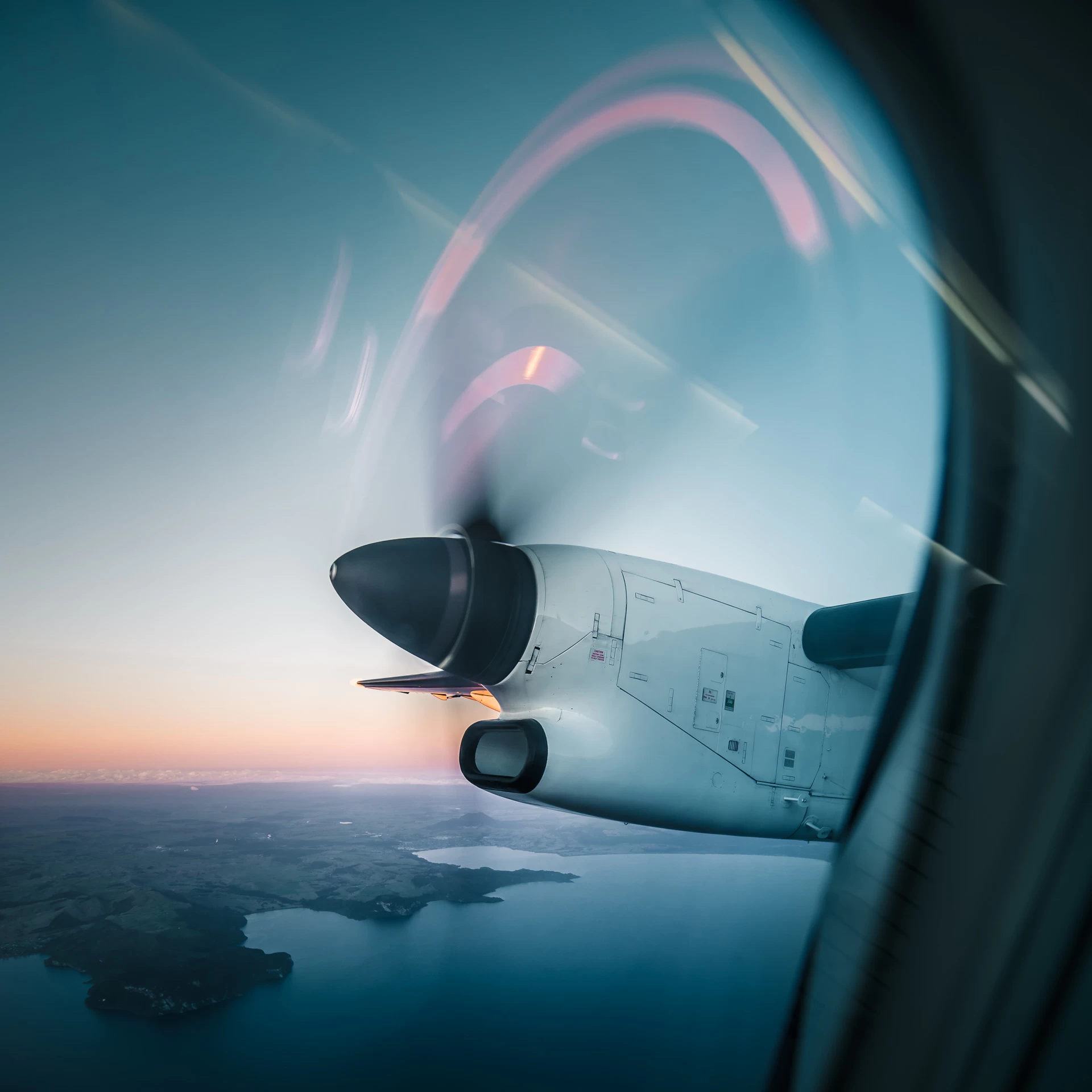Let's discover
Excursions and activities in Guayaquil are diverse. It's a metropolis full of culture and architecture to explore.
Texto & Fotos: Trail Forth Journal.
Things to do in Guayaquil.
If you’re looking for urban tourism, there are various excursions and activities you can do in Guayaquil. There’s a variety of tours to explore the port city. The city has fascinating places like the Malecón, the Moorish Tower, the Rotunda Hemicycle, Las Peñas neighborhood, Iguana Park, Centenary Park, the Crystal Palace, and other places that are unique symbols of the Pearl of the Pacific.
Located at the confluence of the Salado Estuary and the Guayas River, this city serves as Ecuador’s financial hub. As the home to the nation’s largest seaport, it plays a pivotal role in connecting Ecuador with global markets, including Panama, Taiwan, and North America.
Its geographical location makes it the gateway to the Galápagos Islands and has won several World Travel Awards, including South America’s Leading City Break Destination and South America’s Leading Meetings & Conference Destination. This city, also known as the Pearl of the Pacific, boasts countless valuable architectural constructions, shopping centers, and a diverse national and international cuisine. You must explore and enjoy its many activities, tours, and excursions offered in Guayaquil.
Guayaquil’s strategic location positions it as the gateway to the Galapagos Islands, and it has garnered numerous prestigious awards, including South America’s Leading City Break Destination and South America’s Leading Meetings and Conferences Destination at the World Travel Awards. Known as the “Pearl of the Pacific,” this vibrant city boasts a rich architectural heritage, featuring numerous historically significant buildings. It also offers a diverse range of shopping centers and a vibrant culinary scene, showcasing both national and international cuisine. Guayaquil provides a wealth of opportunities for exploration, with a wide array of activities, tours, and excursions available for visitors to enjoy.
Things to do Guayaquil, location map.
Choose one of the activities you can do near Puerto Santa Ana.
Get our map of the best places to visit in Guayaquil.
Guayaquil is currently Ecuador’s largest and most populous city. Known as a vibrant cultural and economic center on the Pacific coast, it’s affectionately called the “Pearl of the Pacific”. Offering a unique blend of modernity, history, and nature, it’s a must-visit destination for travelers from around the world. Below is a general tourist map of Guayaquil highlighting some of its main attractions.
















